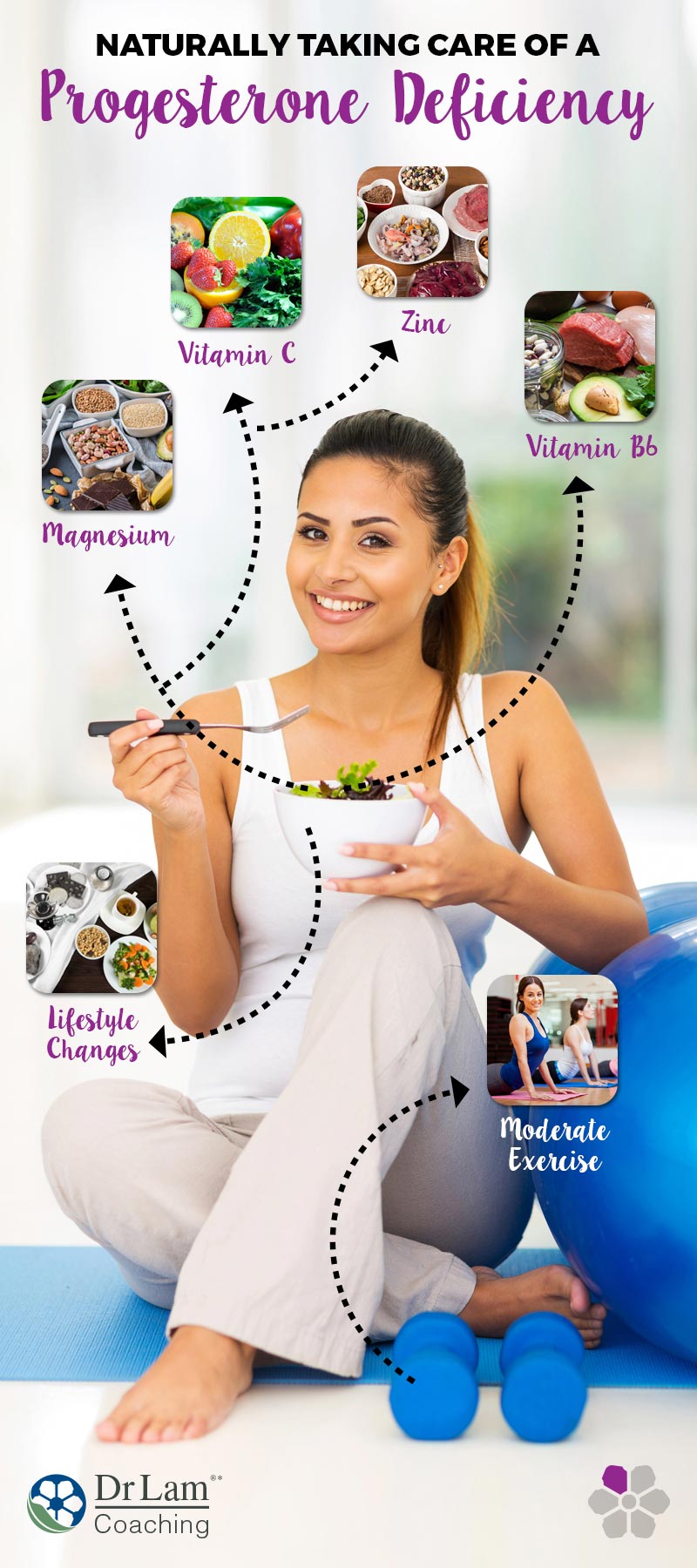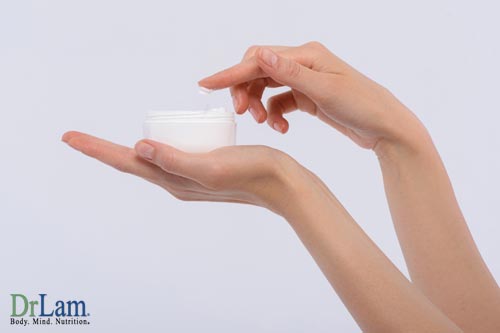
 Both men and women can develop hormonal imbalances. Female hormonal imbalance is usually determined by the ratio of estrogen to progesterone. Where there is an estrogen excess, insomnia can be a problem as well as a variety of other commonly misidentified health complaints. In such instances, adding natural progesterone benefits many of these bodily functions. Natural progesterone benefits men as well.
Both men and women can develop hormonal imbalances. Female hormonal imbalance is usually determined by the ratio of estrogen to progesterone. Where there is an estrogen excess, insomnia can be a problem as well as a variety of other commonly misidentified health complaints. In such instances, adding natural progesterone benefits many of these bodily functions. Natural progesterone benefits men as well.
It is important to note, however, that natural progesterone is not the same as the synthetic compounds manufactured by most drug companies called progestins.
Manufacturing progesterone in the body is not only for women. It is manufactured in the ovaries, but it is also manufactured by the adrenal glands (of both men and women) and in the male testes. As such, progesterone is strongly linked to sexual function. Additionally, progesterone promotes good muscle and bone health, as well as the production of melatonin, the sleep-inducing hormone.
In women, progesterone benefits play a significant role in the menstrual cycle and pregnancy. It prepares the uterus to allow the implantation of a fertilized egg, and it maintains the endometrium throughout pregnancy. During the earlier stages of pregnancy, it helps support the establishment of the pregnancy and plays an important role in the fetus’ development. Some women with adrenal fatigue suffer frequent miscarriages in the first trimester related to insufficient progesterone.
Where no pregnancy has taken place, progesterone helps regulate a woman’s menses. In the absence of a pregnancy, progesterone levels drop once ovulation has taken place and menstruation starts. Progesterone levels also tend to drop sharply in premenopausal women.
In men, progesterone benefits are a precursor hormone to testosterone. Men do not experience the fluctuations in progesterone production due to a menstrual cycle like women, but progesterone does affect men.
Most noticeable is the effect on the prostate, especially with age. Progesterone, the precursor hormone to testosterone, is indirectly responsible for the development of male sexual organs during puberty. As men age, progesterone levels tend to fluctuate and the body changes. Many of these changes take place in the prostate gland, which tends to become larger as men age and progesterone levels drop.
Common Symptoms of Lowered Progesterone Levels
Besides age, one of the most significant internal factors in lowered levels of progesterone is stress. This state is often linked to a common condition known as adrenal fatigue.
External causes of lowered progesterone include:

Physical, environmental, and psychological stress has, to a large extent, become part of the modern-day lifestyle and something that is very difficult to avoid. Progesterone deficiency and adrenal fatigue can both result from this state of stress.
The body responds to stress through the NeuroEndoMetabolic (NEM) Stress Response. The main responder is the hypothalamic-pituitary-adrenal (HPA) axis. The hypothalamus in the brain perceives a threat and sends a chemical message to the pituitary gland that the body needs to get into a state of readiness to deal with the ‘threat’. In its turn, the pituitary gland sends a signal to the adrenal glands, which automatically increase cortisol output. Meanwhile other functions deemed non-essential for life are put on hold.
During this process, progesterone benefits are used as a precursor in the production of cortisol. As a result, cortisol levels increase exponentially in response to the threat, readying the body for either fight or flight, depending on the situation. During this period the body is in a state of high alert and watchfulness.
Usually, once the threat is over, everything goes back to normal. Regular production of all hormones resumes. The body’s hormones should once more be in balance.
However, prolonged stress results in the constant, and even increased, production of cortisol. This means that more and more progesterone is needed to produce the cortisol, resulting in a possible progesterone deficiency. Progesterone reserves decline, and those reserves present are used in the production of increasingly more cortisol. Thus, the body begins to exhibit a range of symptoms.
Amongst these symptoms are insomnia and other sleep impairments, because the body’s constant state of awareness takes sleep off the agenda. The increase in cortisol production, and subsequent decrease in the production of other hormones. also affects the body’s production of melatonin, the hormone needed for sleep.

There are a number of progesterone benefits when progesterone levels are lower than they should be. Progesterone can be taken orally or topically as a cream. However, there are also possible consequences, side effects, and instances where you should not take progesterone.

Too much progesterone has just as many negative consequences as too little. This is because it causes an estrogen-progesterone imbalance, this time in progesterone’s favor. Side effects and/or risks associated with this type of imbalance include:
Do not take progesterone if:
Not everyone tolerates progesterone well. A small number of people exhibit paradoxical reactions. This is usually temporary. It is normally a warning sign that there may be underlying issues involved, such as adrenal fatigue or receptor site dysregulation.
There are a number of natural supplements that can boost your body’s production of progesterone.
The ascorbic acid in vitamin C is an antioxidant that fights the free radicals that damage cells. Research suggests that the ovaries use up large quantities of vitamin C directly before ovulation and that women who increase their vitamin C intake have a higher pregnancy rate than those with low levels of vitamin C in their bodies.
Food rich in vitamin C include oranges, lemons, limes, kiwi fruit, broccoli, and green, leafy vegetables.
Zinc is necessary for the production of progesterone. It prompts the pituitary gland to release hormones for ovulation and stimulates the ovaries to produce progesterone.
Foods rich in zinc are shellfish and crabs, red meat, cashew nuts, and pumpkin seeds.
The B vitamins, most noticeably vitamin B6, help with the production of progesterone. They are also an essential element in allowing the liver to break down estrogen.
Foods rich in vitamin B6 are seafood, beans, whole grains, walnuts, and lean red meat.
Research indicates that the majority of Americans have a magnesium deficiency. It is, however, necessary for proper calcium absorption and regulation of the pituitary gland and hormone levels.
Magnesium can be taken in supplement form or through the skin by means of Epsom salts baths or a magnesium spray.
Foods with high magnesium content include nuts, seeds (such as pumpkin seeds), oily fish such as mackerel, and green leafy vegetables.
When exercising, moderation is key. Too much, or strenuous exercise, is disastrous for hormone production as it causes in increase in cortisol production. The body moves into constant fight or flight mode.
 Moderate exercise, on the other hand, stimulates the production of dopamine, the feel-good hormone, which causes the production of cortisol to be inhibited. If your brain says you ‘feel good’, the need for cortisol production dwindles as your body is under the impression the dangerous situation has passed. Over-exercise also hampers the production of melatonin, especially vigorous exercise in the evenings. This is not conducive to sleep and adds to insomnia problems.
Moderate exercise, on the other hand, stimulates the production of dopamine, the feel-good hormone, which causes the production of cortisol to be inhibited. If your brain says you ‘feel good’, the need for cortisol production dwindles as your body is under the impression the dangerous situation has passed. Over-exercise also hampers the production of melatonin, especially vigorous exercise in the evenings. This is not conducive to sleep and adds to insomnia problems.
The modern lifestyle, incorporating junk foods and processed foods, plays havoc on your adrenal glands and hormones. Eating a healthy, balanced diet of fresh foods made from scratch can improve the situation.
Stress is also a major factor in adrenal fatigue and imbalanced hormones. Although it may be difficult to get rid of work-related stress, you could consider options that help relieve stress, such as yoga, meditation, or taking a craft class.
Many health problems are a sign of the times we live in. We are constantly exposed to stress, whether it is psychological, physical, or due to environmental factors. Stress and the wrong diet can lead to serious imbalances, but by making certain lifestyle changes, we can go a long way towards helping our bodies rectifying the situation. The problems we experience have not cropped up overnight but were a long time in the making. Quite often the solution takes a while as well.
© Copyright 2017 Michael Lam, M.D. All Rights Reserved.

